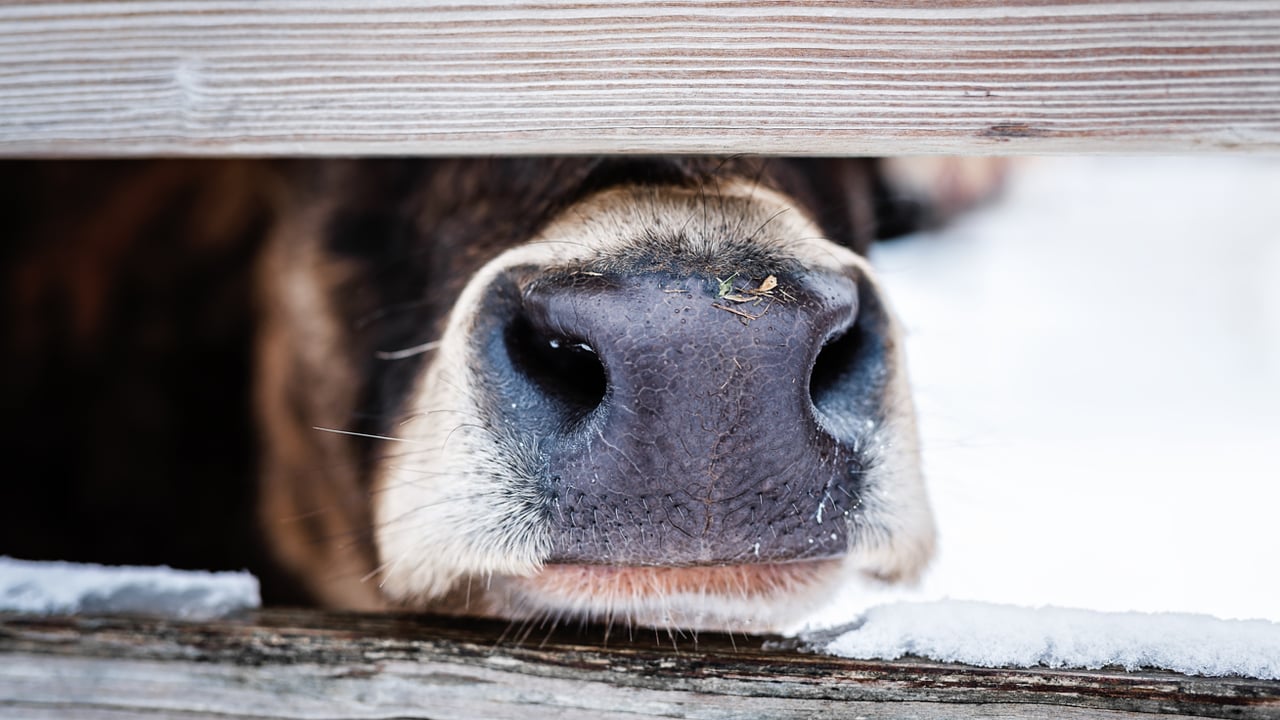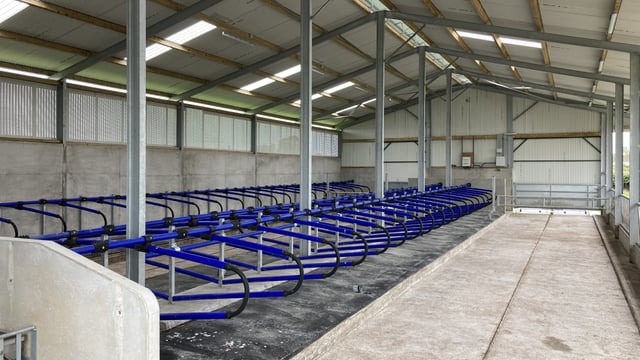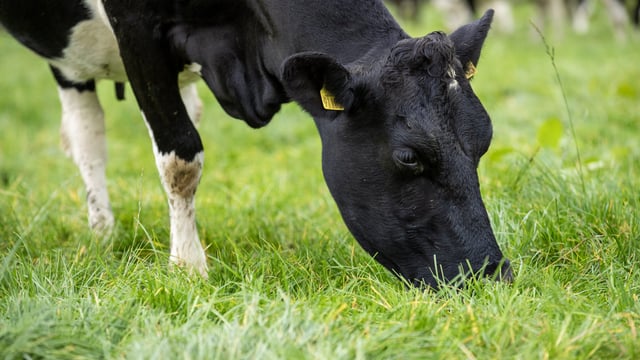DAFM 'taking action' to protect Irish livestock following FMD outbreaks
The Department of Agriculture, Food and the Marine (DAFM) is "taking action to protect Irish livestock" following further outbreaks of foot-and-mouth disease (FMD) on farms along the border between Hungary and Slovakia.
Authorities in Hungary, where an outbreak was confirmed earlier this month near the border with Slovakia, have moved to reapply control measures that had been partially lifted in response to what the Hungarians said was an outbreak across three farms in Slovakia.
According to DAFM no animals susceptible to FMD - cattle, sheep, pigs - have been imported into Ireland from Slovakia, Hungary or Germany since January 1, 2025.
The department has indicated that this "is long before the recent cases would have been first infected".
Slovakia yesterday (Friday, March 21) confirmed three outbreaks of foot-and-mouth disease (FMD) in cattle.
All three outbreaks are within 20km of the recent outbreak in Hungary on March 6. Slovakia is the third European member state to confirm an outbreak of FMD in 2025, following the initial confirmation by Germany on January 10, that it had detected its first case of the disease since 1988.
DAFM has again warned that FMD is a "highly contagious viral disease" which causes very significant economic losses, due to production losses in the affected animals and due to the loss of access to foreign markets for animals, meat and milk for affected countries.
FMD does not infect humans and does not pose a food safety risk.
DAFM has also stressed that Ireland is free of FMD, - the last case on the island was recorded in 2001.
However Minister for Agriculture, Food and the Marine, Martin Heydon, has said that the latest outbreaks of foot-and-mouth disease in Slovakia is very concerning.
"I know this is a terrible blow to Slovak farmers and their agri-food industry. Given the highly contagious nature of the FMD virus I urge everyone in Ireland, particularly farmers, to continue to stay vigilant and to protect our Irish livestock.”
“Those travelling to Ireland from FMD affected countries should take every precaution not to bring the disease with them via contaminated meat, dairy and materials such as clothing, shoes and equipment.
"It is especially important that if you have visited farms, wildlife areas or zoos in FMD-affected countries, that you avoid all contact with livestock or wildlife for at least 14 days following arrival in Ireland," Minister Heydon said.
Ireland’s controls to prevent FMD include strict prohibitions on the imports of animals and animal products from countries in which FMD is present, a comprehensive veterinary surveillance system to detect unusual disease outbreaks and active follow up and veterinary investigation of any suspects reports.
If an FMD outbreak were to be confirmed in Ireland, the infected herd would be culled, the site disinfected, and a 3k protection zone and 10k surveillance zone set up, within which very strict movement controls and testing would be imposed.
A national movement ban would very likely be imposed in the first days after any initial FMD case.
DAFM has also underlined that if a case of FMD were to occur in Ireland, it would lead to the immediate loss of market access for Irish animals and animal products.






